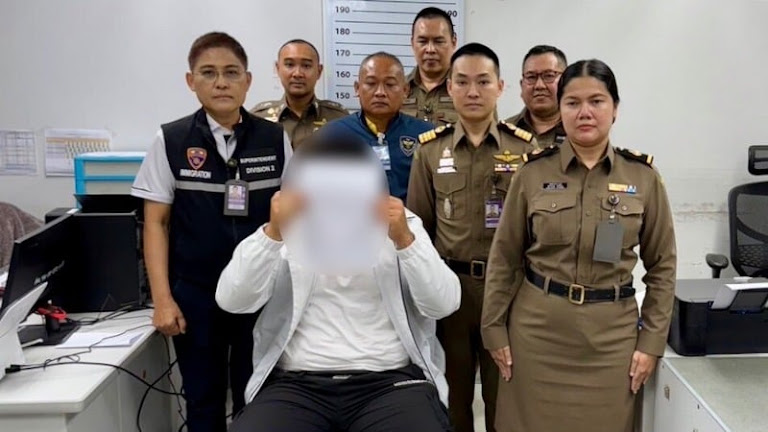Phuket Crackdown Shows Tourism and Law Enforcement Struggle
Cocaine smuggling and visa overstays in Phuket reveal the struggle to balance tourism with global law enforcement demands.

Two seemingly unrelated arrests at Phuket International Airport, as reported by The Phuket News, offer a glimpse into the intricate web of global law enforcement and the challenges faced by tourist destinations. A New Zealand national caught with cocaine and a Russian national overstaying his visa by almost a year, as detailed in these recent findings, might appear as isolated incidents. But they speak to larger systemic pressures, from the global drug trade to the difficulties of managing international migration in an increasingly interconnected world.
The New Zealander’s case, involving a relatively small amount of cocaine, raises questions about the efficacy of drug interdiction efforts. Is this a sign of increasingly sophisticated smuggling techniques or simply a low-level offender? The answer likely lies somewhere in between. Interception of even small quantities represents a victory for law enforcement, but the constant pressure on border security underscores the persistent demand for illicit substances. The ripple effects, from the individual’s life to the societal costs associated with addiction and crime, are undeniable.
The Russian national’s extended overstay, on the other hand, touches on different, yet equally complex, issues. It points to potential weaknesses in visa enforcement, the allure of destinations like Phuket for long-term stays, and perhaps even the individual’s circumstances back home. It’s easy to focus on the violation itself, but what underlying factors contribute to such a prolonged overstay? Economic hardship? Political instability? Or simply a desire for a different life?
The cases, while distinct, share a common thread: they highlight the pressures on border control and the limitations of current enforcement mechanisms. Consider the following:
- The sheer volume of international travel makes perfect screening virtually impossible.
- The resources required for effective enforcement, from personnel to technology, are substantial.
- The balance between security and facilitating legitimate travel is constantly being recalibrated.
“These arrests are not just about two individuals. They’re about the systems we’ve built, the incentives they create, and the unintended consequences that ripple outward. They represent a microcosm of the larger global challenges we face in managing flows of people, goods, and, unfortunately, illicit substances.”
The efforts by Phuket Immigration to “clamp down” on these offenses, as they put it, are understandable. But ultimately, lasting solutions require a broader perspective. We need to look beyond individual cases and examine the root causes that drive these behaviors. From international cooperation on drug trafficking to more nuanced immigration policies, the path forward requires a more systemic approach, one that acknowledges the complexity of these interconnected global challenges.









